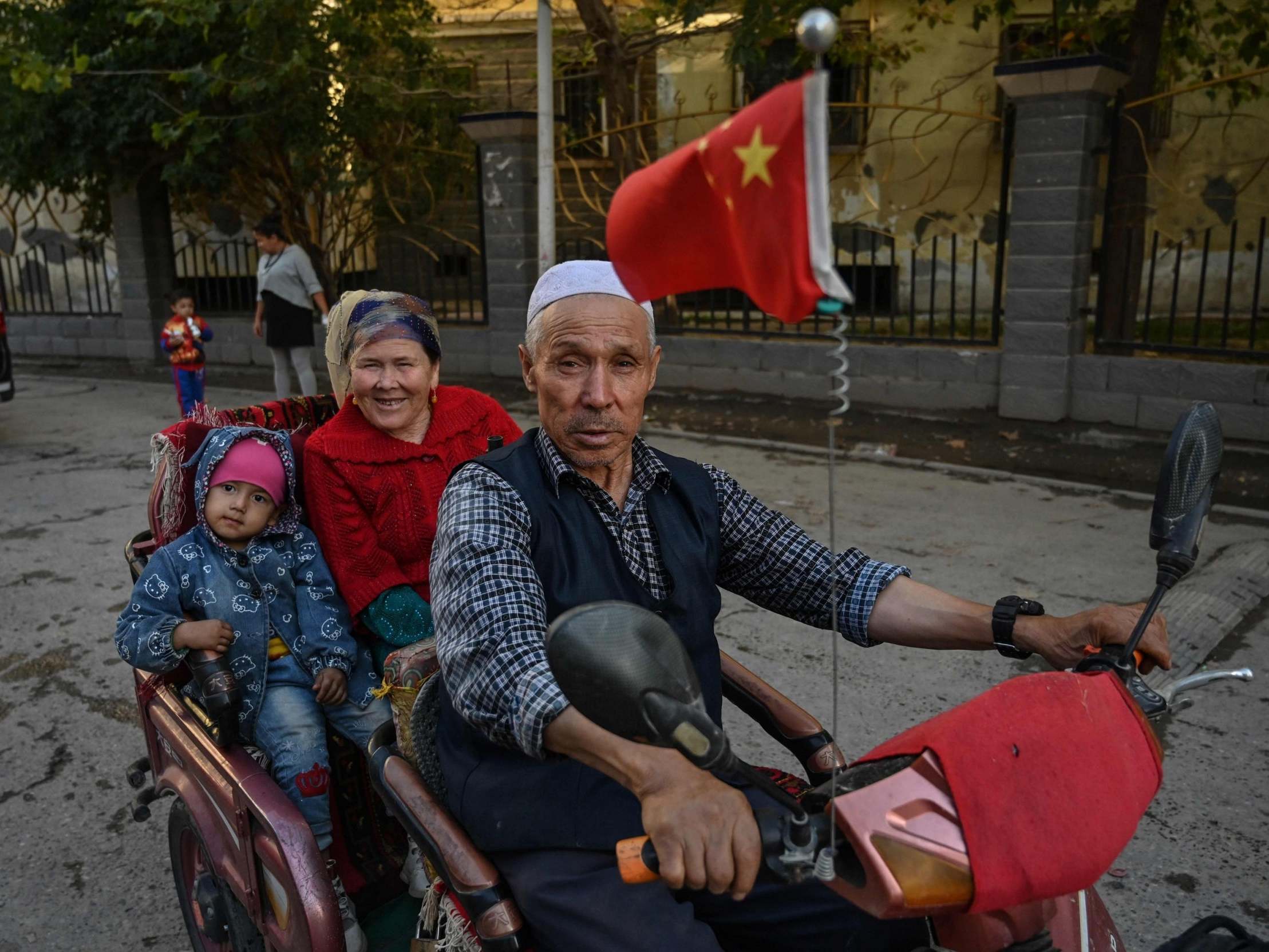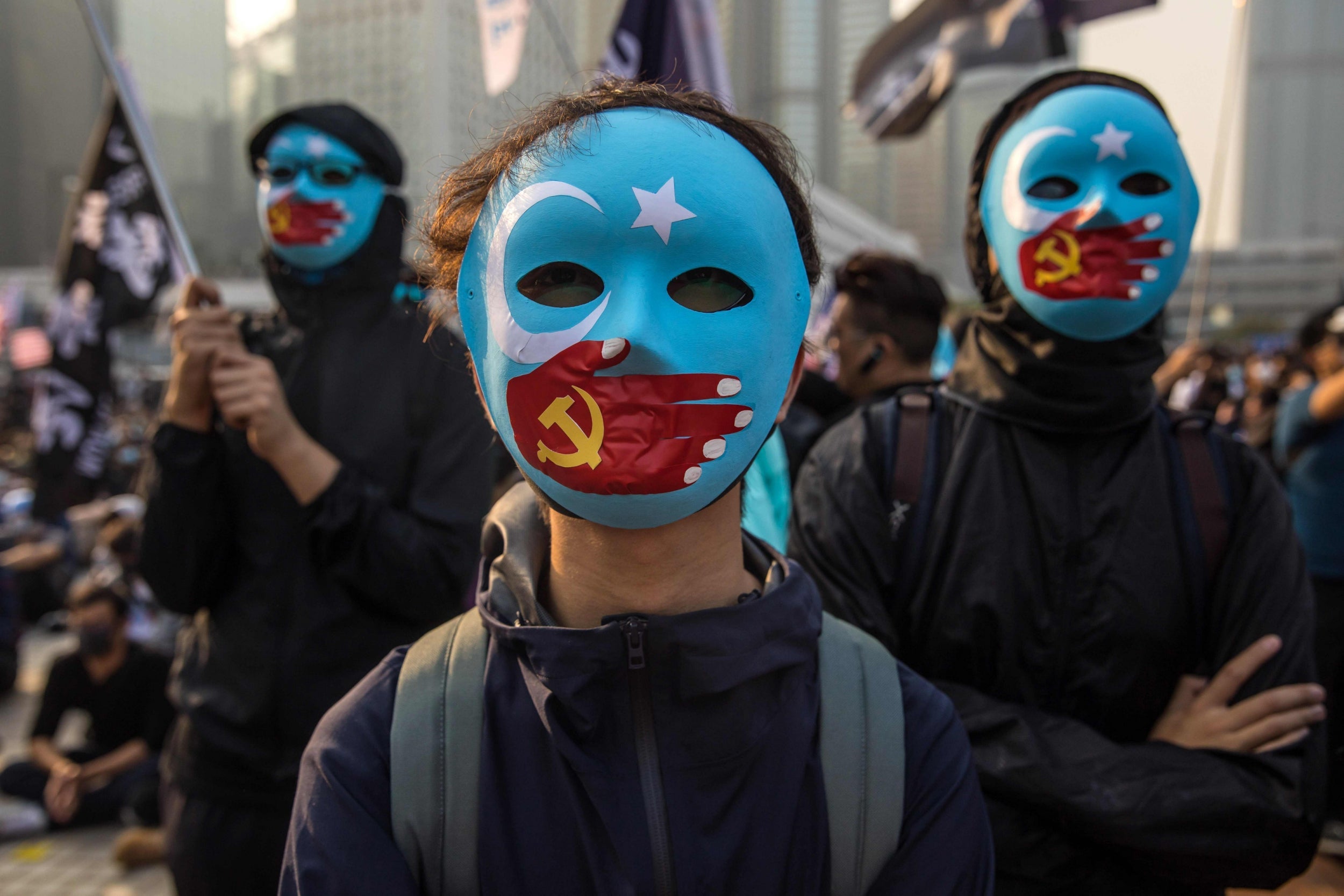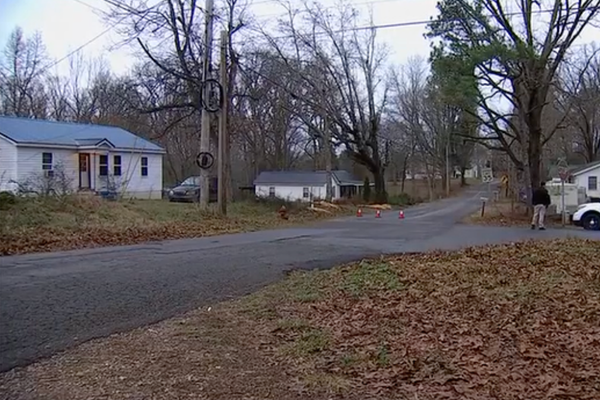
China is facing mounting criticism over its treatment of the Uighur population in Xinjiang province following claims of forced labour camps and mass sterilisation.
Boris Johnson’s government has accused Beijing of “egregious” abuses against the minority group, and slapped sanctions on Chinese officials deemed responsible for alleged human rights violations.
China has hit back with sanctions on British institutions and several of the Conservative MPs who have been the most vocal about the Uighurs – including former Tory party leader Iain Duncan Smith.
So who are the Uighurs? And what sort of evidence lies behind these claims? The Independent took a closer look at a group largely forgotten by the world.
Who are the Uighur people?
The Uighur are an ethnic minority group of Muslims living in China’s north-west region of Xinjiang. There are an estimated 11 million Uighurs in the region – almost half of its total population.
Uighur Muslims have been there for hundreds of years and speak a language related to Turkish. It is believed their ancestors may have come from a previous homeland of the Turks in the northern part of central Asia.
Some Uighurs don’t accept that Xinjiang – officially an “autonomous region” – is part of China, citing evidence that their ancestors lived in the area before Chinese Han and Tang dynasties established their dominion in the area.
What sort of abuse is thought to be taking place?
There is credible evidence that up to one million Uighurs and other Muslim minorities are being held in “re-education” detention centres in Xinjiang, according to a report by the United Nations Committee on the Elimination of Racial Discrimination.
Beijing has denied any mistreatment – claiming that these camps are “vocational training centres” which help stamp out extremism by Islamist separatists, as well as giving people new skills.

However, a 2018 report by Amnesty International report found that arbitrary detention of Uighur Muslims across the province was widespread. The exile group World Uyghur Congress claims detainees are held without charge, and forced to undergo attempted indoctrination by shouting Chinese Communist Party slogans.
In July 2020, when confronted with disturbing video footage showing blindfolded men kneeling and waiting to be led onto trains in Xinjiang, China’s ambassador to the UK told the BBC the video could be “fake”. The video was authenticated by the Australian security services.
What’s behind the claims of ‘mass sterilisation’?
There is evidence Chinese government is taking draconian measures to slash birth rates among Uighurs as part of a campaign to curb its Muslim population. A report released in 2020 by scholar Adrian Zenz claimed the Chinese authorities were forcing Uighur women to be sterilised or fitted with contraceptive devices across Xinjiang.
An Associated Press investigation in 2020 discovered women in the province have faced fines and threats of detention for breaching limits on having babies. It also found the authorities force intrauterine devices (IUDs), sterilisation and even abortion on Uighur women.
And in January 2021, there was outcry over a tweet by the Chinese Embassy in Washington claiming that government polices had freed women of the Uighur ethnic group from being “baby-making machines”. A Chinese official denied Beijing has imposed coercive birth control measures.

What political action has been taken?
The US was the first to impose sanctions on Chinese officials, companies and institutions linked to China’s treatment of Uighurs. In July 2020, the US Commerce Department added 11 Chinese companies to the US economic blacklist.
In March 2021, Britain, the US, Canada and the EU all agreed new sanctions on Chinese officials deemed responsible for human rights abuses in the country’s autonomous north-west territory.
The UK’s foreign secretary Dominic Raab said a package of travel bans and asset freezes had been imposed against four senior officials and the state-run Xinjiang Production and Construction Corps Public Security Bureau.
China’s foreign ministry responded by saying it had sanctioned nine British citizens – including five Tory MPs – claiming they had “maliciously spread lies and disinformation”. The nine Britons will be banned from entering China, and Chinese institutions will be banned from doing business with them.
France has also been vocal in condemning the treatment of the ethnic group. French finance minister Bruno Le Maire said it was “revolting and unacceptable” – and called for “international independent observers” to be allowed to inspect conditions in Xinjiang.
What about private companies using Uighur labour?
More than 180 human rights groups have urged brands from Adidas to Amazon to end sourcing of cotton and clothing from the Xinjiang region and cut ties with any suppliers in China that benefit from what they claim to be “forced labour”.
While most fashion brands do not source from factories in Xinjiang, many of their supply chains are likely to be tainted by cotton picked by Uighurs that is exported across China and used by other suppliers, a coalition of organisations said in a letter.
More than 80 per cent of China’s cotton comes from Xinjiang. “Brands and retailers recognise there is a massive problem in the region, and that their supply chains are exposed to a grave risk of forced labour,” said Scott Nova, head of the US-based Worker Rights Consortium (WRC).







